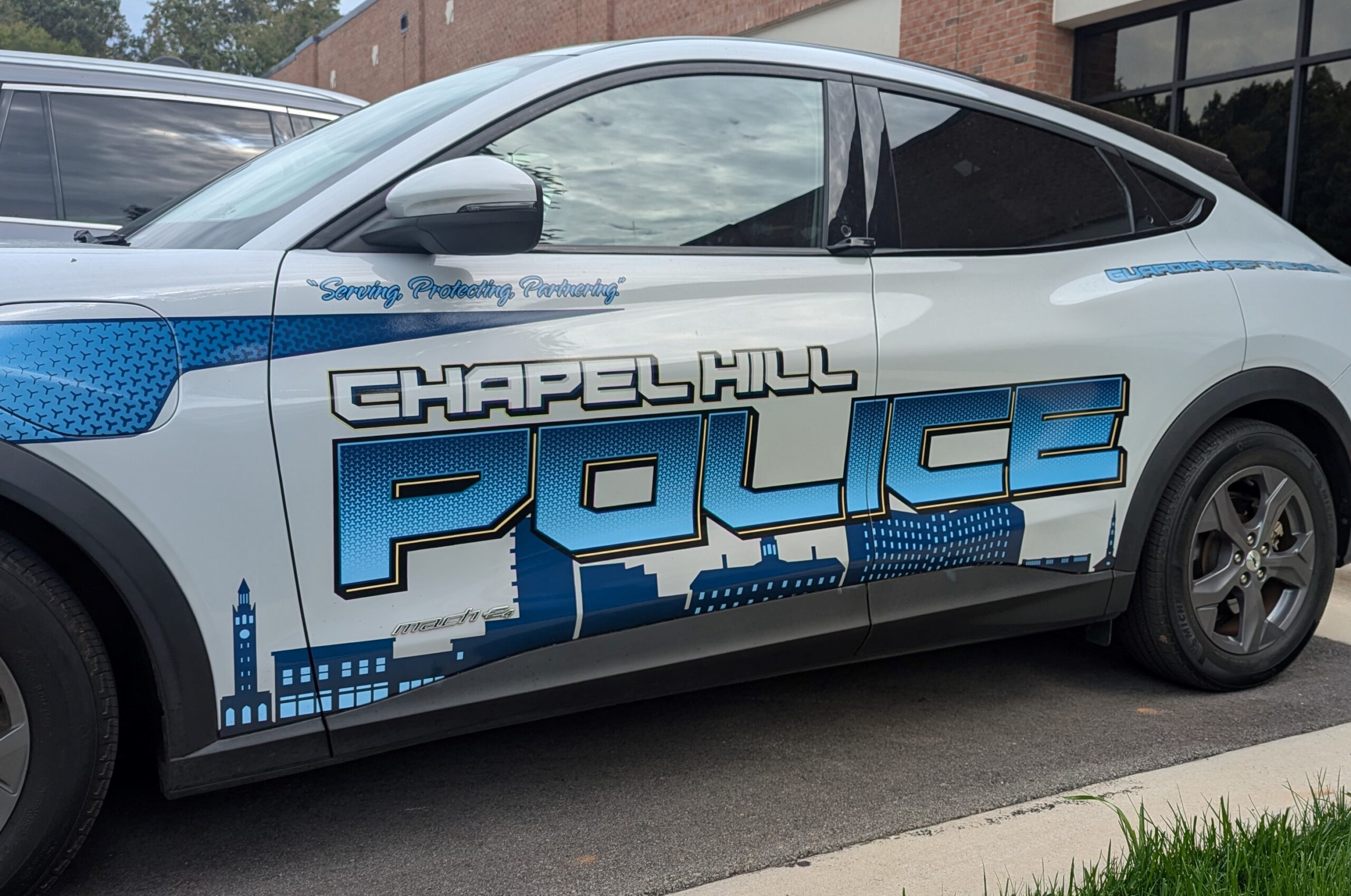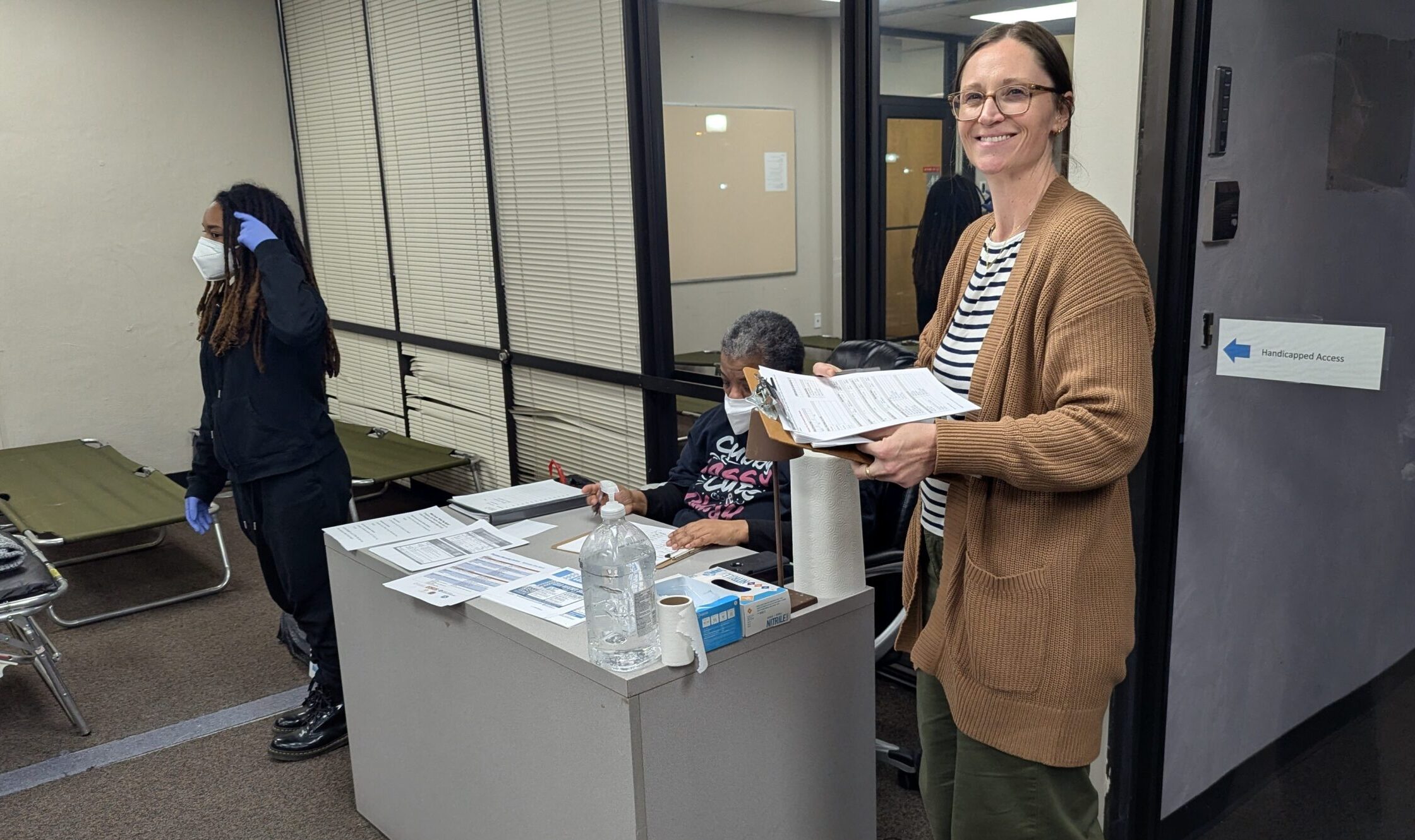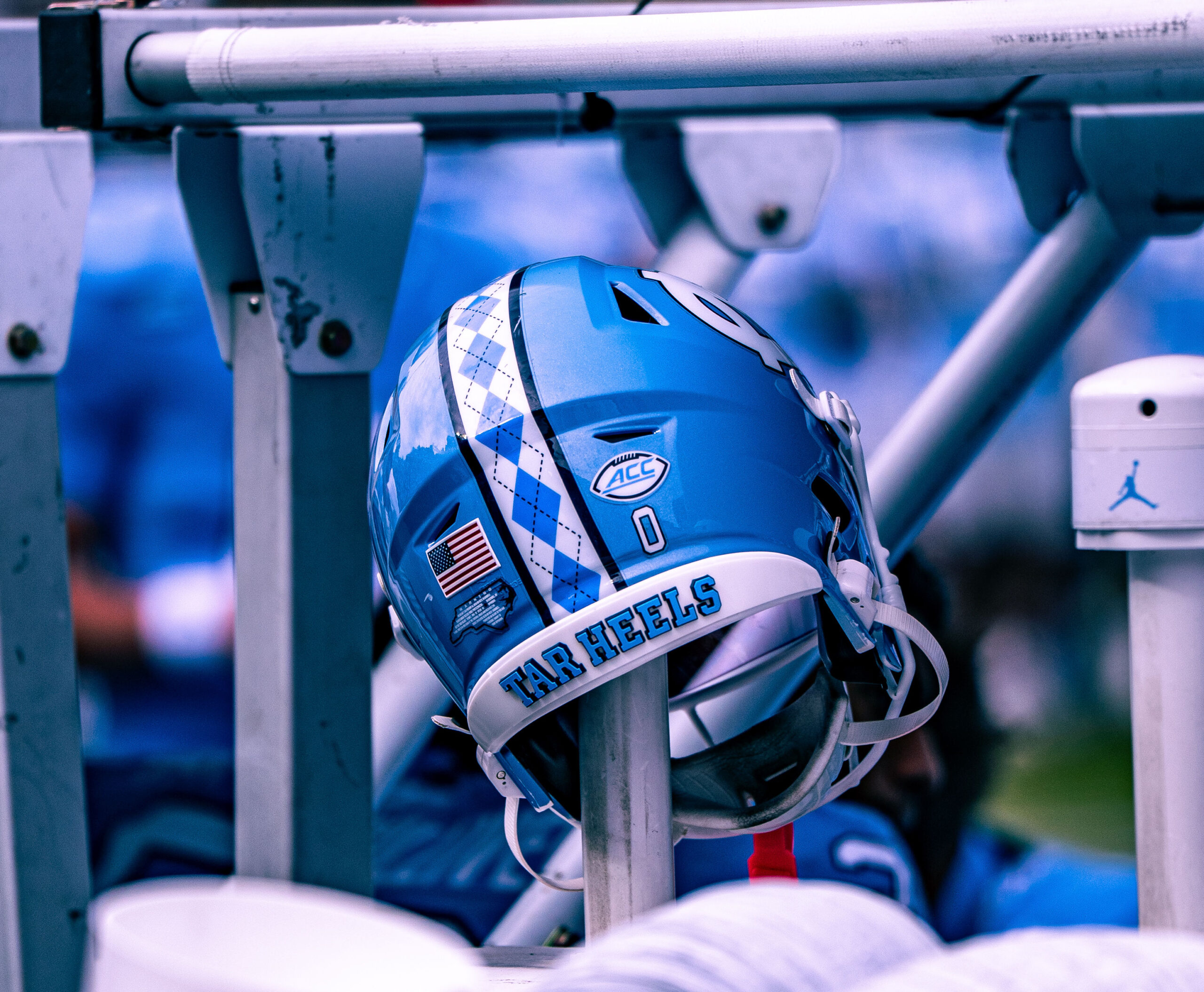Chief Chris Blue of the Chapel Hill Police assured citizens at a Saturday forum that his department was not weaponized by the Department of Defense.
“I am not a gun lover,” Chapel Hill Police Chief Chris Blue told a group of citizens at Chapel Hill Public Library on Saturday afternoon. “I carry one for a living. I also respect your right to carry as many as you want, as long as that’s legal to do that.
“But I will say this: I send men and women out into the street to encounter people who may have 50 of those 300 million guns in the back seat of their car.”
On August 9, unarmed African-American teenager Michael Brown was shot to death in Ferguson Missouri by Police Officer Darren Wilson. The media images of police on the street in riot gear that followed sparked conversations all over the U.S. about the seeming militarization of law enforcement.
That concern was amplified after the New York Times published data about the federal 1033 program.
“This is the program the Department of Defense runs, to give local law enforcement folks surplus military equipment,” he said. “Some of what you have seen on the news – huge armored personnel carriers, mine-resistant personnel carriers, tracked vehicles, you know, like tank-kind of tracks – the Department of Defense will give you that kind of stuff. We don’t have any of that.”
What the CHPD has, he added, is a 1985 Dodge armored vehicle that has never been used. It was parked outside the library on Saturday, for all to see, after the one-hour-and-22-minute forum was concluded.
According to Blue, the 1033 program also supplied his department boots, raincoats, and filing cabinets. But the department buys its own guns, he added.
The police chief made the point that U.S. citizens own about 300 million guns just like the ones brandished by police back in 2011, during the infamous Yates Motor Company incident.
On Nov. 13 of that year, a Chapel Hill SWAT team, armed with assault rifles and dressed in riot gear, forced Occupy protesters out of the Yates building off Franklin Street.
That incident was a public relations headache for the police department of a town with a progressive reputation; and where most of the reported offenses are property crimes.
“What we’ve done since Yates is that we’ve written a policy for our SWAT team,” said Blue. “We’ve had a SWAT team since 1977. We got a policy written for them in 2012 – should’ve had one before.”
Prior to that, he added, the SWAT team just had a list of procedures to follow.
Blue took questions toward the end of the forum. One person asked if there were enough African-American uniformed officers on patrol in Chapel Hill.
The chief quickly responded there were not, adding that the department had “not done a very good job” in that area of recruitment. He also pointed out that the applicant pool has been declining in general, over recent years.
There are 176 members of the Chapel Hill Police Department. One hundred thirty-one, or 74.4 percent, are white.
Forty black employees make up 22.7 percent of the force. There are four Hispanics, and one listed as “other.”
Town Council Member Maria Palmer was in attendance, and she expressed concern about the mere handful of police officers that actually live in Chapel Hill. Palmer suggested subsidized housing for police officers and other public employees.
Blue was asked for demographic information about people stopped for searches, questioning and arrests. He directed citizens to the North Carolina Department of Justice website, where those records are available. He said the police department is working to make that information more easily accessible.
The chief also described the process of registering complaints about an officer’s conduct. He said that all complaints end up on his desk, and that they are taken seriously.
Blue added there is also a citizens advisory board, although he admitted it had not been granted legal authority to review departmental actions by looking at personnel files.
As a last resort, Blue said, dissatisfied citizens can always go to the Town Council.
Most of the citizens in attendance at Saturday’s forum were members of the Chapel Hill/ Carrboro NAACP, including its president. Minister Robert Campbell.
Blue accepted an invitation to make a presentation at the NAACP’s meeting on the first Saturday in November.
A similar public forum with Chief Walter Horton of the Carrboro Police Department and other town officials is scheduled for tonight at 7, in the Town Hall Board Room.
Carrboro Town Hall is located at 301 W. Main St.





